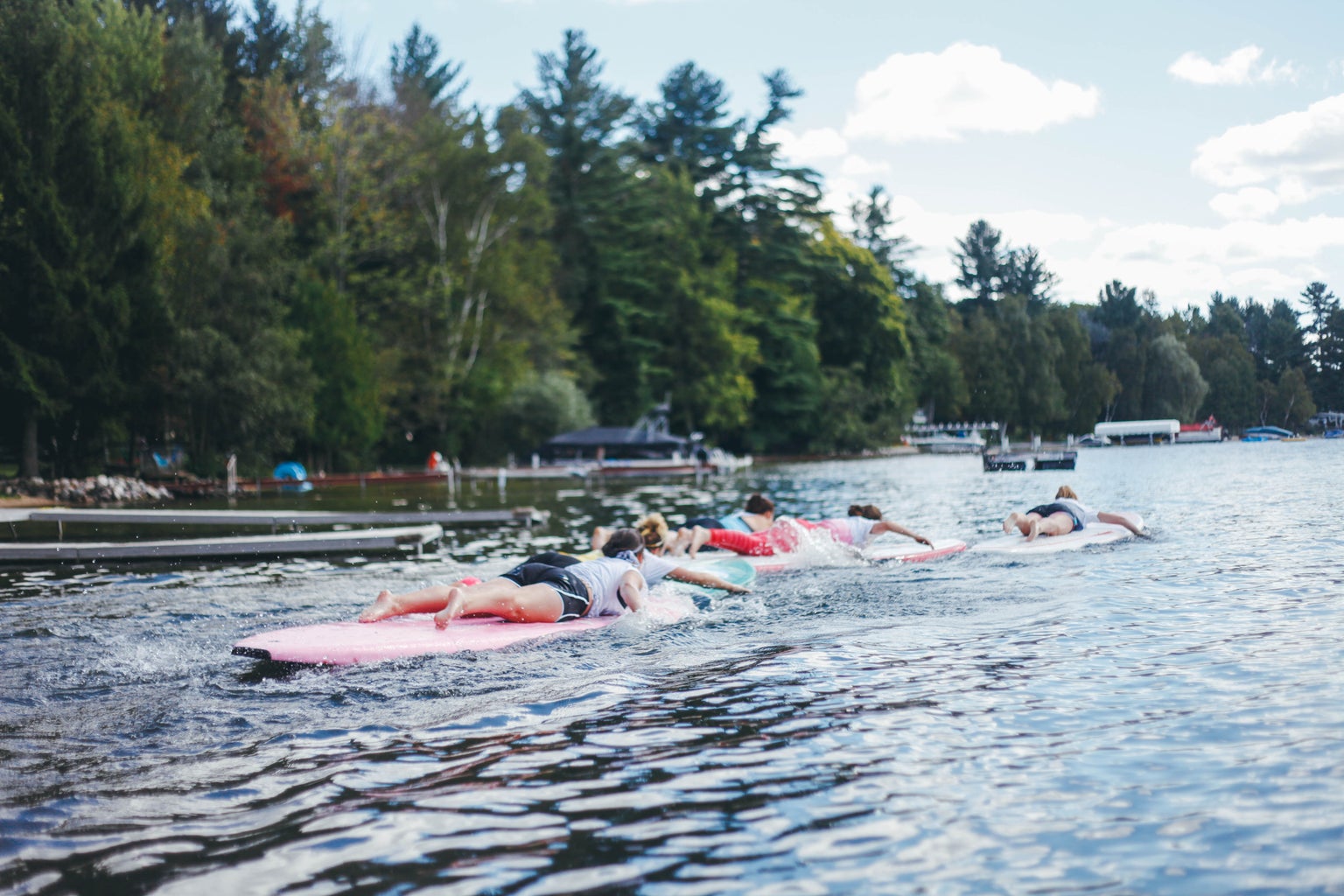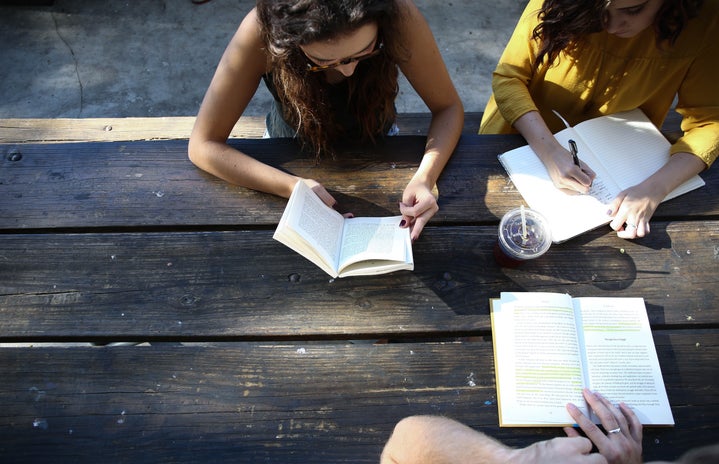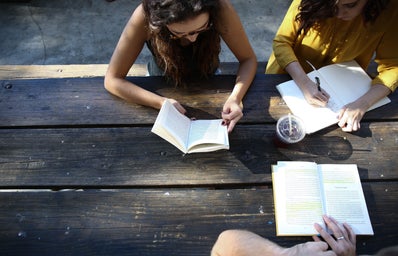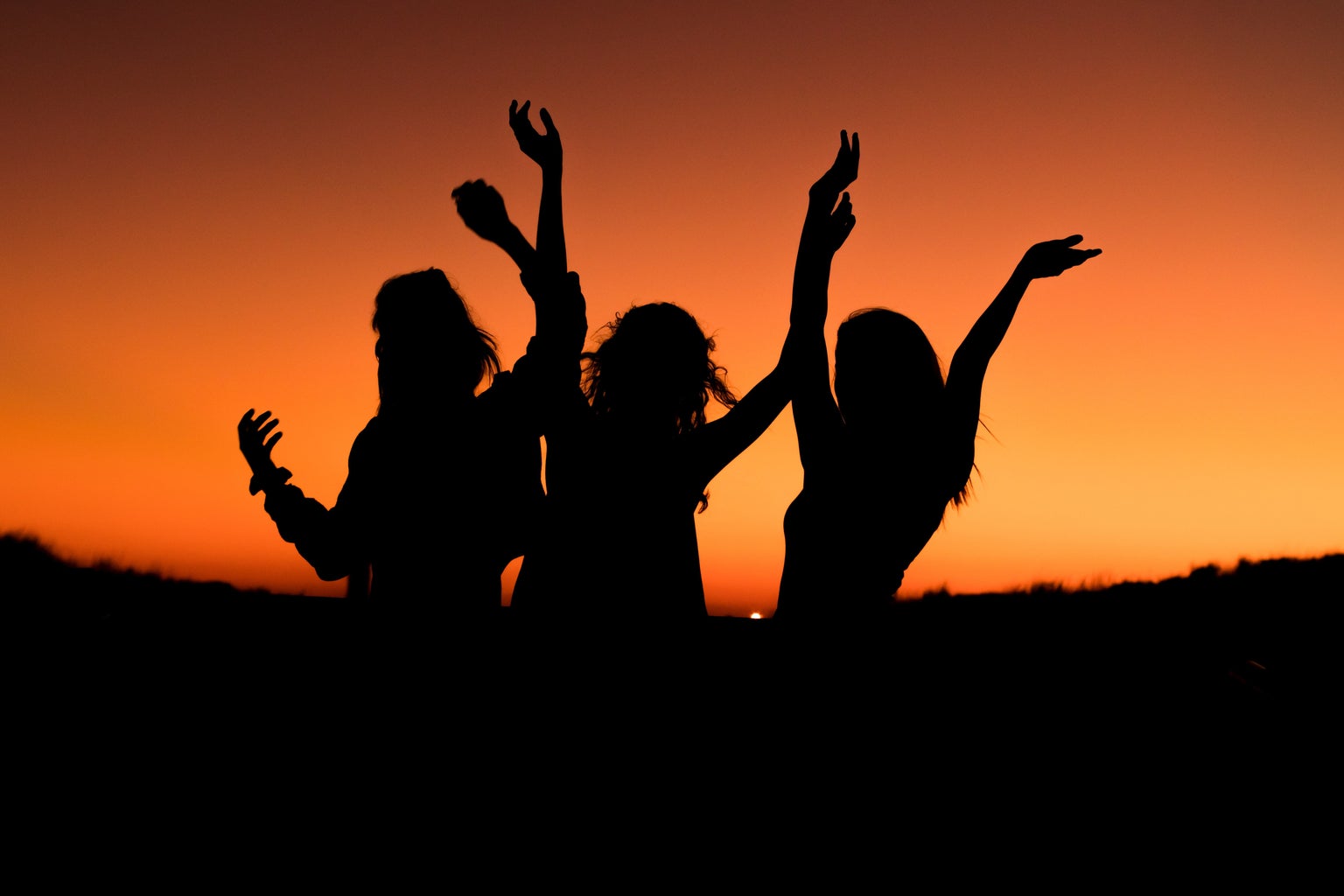My senior year of high school I was posed with an interesting opportunity: to be or not to be a summer camp counselor. From the perspective of a teenager, the greatest factor to my decision was if I was willing to sacrifice my entire summer? Do I really want to drive out to the middle of nowhere to be paid under minimum wage? I don’t know what made my mind up but I completed and submitted an application and, what-do-ya-know, I was packing my bags to live on a ranch for two months. Any fellow camp counselor can vouch, the formation I received from this experience was better than I could have ever imagined. I’m using this time to reflect on the lessons being a camp counselor has taught me and how I bettered myself through the experience.
At almost any camp one could attend, the atmosphere is almost surreal and in a way separated from the outside world. In my experience, I spent the last three summers as a part of Camp Tekakwitha’s staff at Williamsburg’s Prairie Star Ranch. My camp took this vibe a step further and advised campers to leave their phones at home in order to better take advantage of their experience. I had the privilege of being a camper for about six of my childhood summers, and being without my phone for one week out of my year seemed impossible. I was missing way too much: going out with my friends, birthday parties, my snap streaks and what if that cute boy decides to text me and I can’t respond?!? No, no I just can’t take those risks. Fortunately, each year got slightly easier to say yes and unplug myself willingly.

Switching gears to staff at camp, our phones stayed in a locked closet while camp was in session and devices were only used on our daily, two-hour breaks. As the summer progressed, I saw myself using my phone signifiantly less and less. I took advantage of participating in adventures with the other staff members or doing something that filled my cup back up for the rest of the day like hammocking or laughing with a friend until I peed my pants. Over the summer I didn’t care about the news or what was happening back home. This was my time to unplug and focus on myself. If I had not learned how to do this, I would have a lot more trouble knowing what to do when I get too overwhelmed. Don’t get me wrong, I still use my phone on the daily, but I learned the value of remaining in the present moment.
There is no question that the people I met over my summers were unlike anyone I had ever surrounded myself with. I never found it hard to make friends, but man, I was missing something huge in my endeavors. It wasn’t ’til my first summer at Camp Tekakwitha that I learned the true meaning of genuine, authentic friendships and what it is like to be a part of one. I learned from a close adult mentor of mine that if your friendships rely on the restraints of space and time they were never your friends in the first place. Many of my friendships today at college will undeniably fade into the equivalent of Facebook friends, but I know my camp friends have my back whenever and wherever because we value each other’s souls. The deeper connection we share is something I hope everyone experiences in their lifetime. I learned how to accept the love my girl friends were desperately trying to give me and how to appreciate it more. Camp was the first experience I had with leading healthy friendships with men, too.
As a camp community, we all shared the same goal for our summer: lead each kid we welcome closer to Christ through outdoor adventure. This goal in its simplicity helped everyone work so much better with each other. Since we all admired the mission of where we worked, this was an easy basis for all of us to jump into deeper conversations and build stronger friendships.
Before working at camp, I thought I knew what leadership was. I used to define leadership as being the face of a project, being the loudest in the room and having all the answers to tell others what they need to do. Today, I see leadership very differently, and hopefully that is for the better. Camp taught me that the best and more powerful way to lead is through servant leadership. Modeled after Jesus, as this was a Catholic summer camp, we were encouraged to live out our days at camp being servant leaders. Yes, I may have been in charge of a dozen fifth graders at one time, but I was there to serve them. This was their summer camp experience and I was in charge of opening their eyes to a life with Christ. In order to lead them, I had to walk with them and serve with humility and patience wherever it was needed.
My most recent summer working at Camp Tekakwitha I was promoted to what was called their “Blue Team,” a small group of older college kids who helped the directors of the camp build the theme of camp that year and plan all of the talks, games and bible studies done that year. When I was on regular staff, I thought the Blue Team was above me in status, but it was the opposite. On the Blue Team, I was serving my staff so much more than I ever expected. All of my jobs were behind the scenes and they were not to be noticed but very much needed. Everyday was an adventure of building activities, brain storming the next big talk or getting dirty to beautify a part of the camp. I have never felt more alive than when I am serving others in a meaningful way.
Adding on to servant leadership, I also learned the importance of “see a need, fill a need”—basically meaning if something seems like it needs to be worked on, stop and fix it. I can’t tell you how many times I walk past chores I should do at my house or even trash three feet away from a disposal area. The minimal effort some tasks take makes it insane that I don’t just jump to help sometimes.
As explained, camp is not real life. I was a part of a community of servant leaders for two months. Living in an environment where everyone is always seeking to fill needs radically impressed me how much got done. Not to mention, applying this norm to my life back home impressed others as well. My mom definitely loved the eager help she received from me. My roommates currently enjoy coming home to a clean house every now and then when I have time anyway. The change in my productivity levels also puts me in a better mood because who doesn’t love feeling clean and accomplished?
Overall, waking up at 6 a.m. each morning and going to bed at midnight each night taught me how much can be done in one day through my sheer will. I learned to push myself. I learned how to prioritize tasks and how to delegate effectively. I learned how to be a better human while stepping down to a kid’s level to talk to them with respect. I learned so much I could never have thought would be needed later in life, but it’s already changing my life. I am very grateful for my time on staff at camp, and I will forever think fondly of my camp family for teaching me how to love myself and live my life sincerely with a mission I am passionate about.



